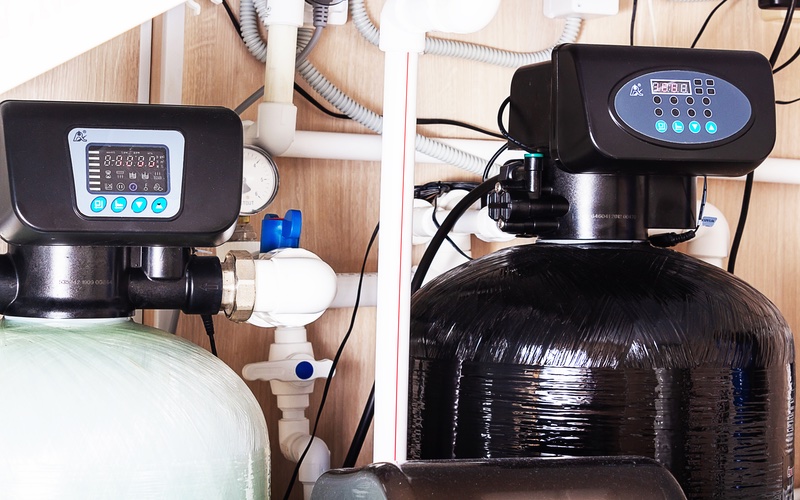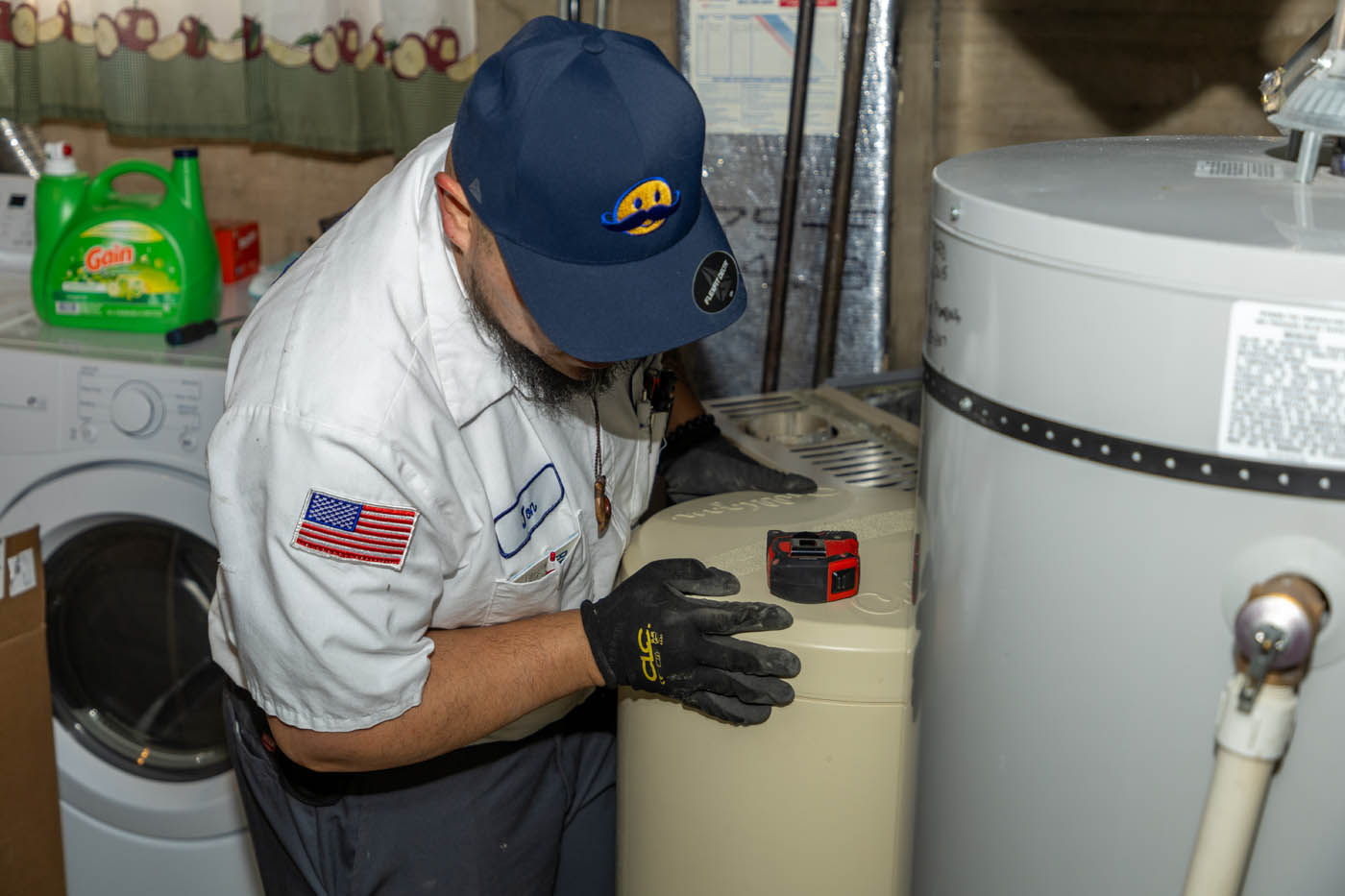Signs You Need Water Softener Repair
Recognizing when your water softener needs repair is essential for maintaining your home’s water quality. Here are some common signs that indicate a need for professional repairs:
-
Decreased Salt Usage: A water softener uses salt in its regeneration process to replace calcium and magnesium ions with sodium ions, which softens water. If you notice a decrease in the amount of salt your softener is using, yet your water usage remains consistent, this is typically a warning sign. It could indicate that the softener is not regenerating as it should, potentially due to a malfunction in its control system or water flow meter.
-
Formation of Salt Bridges: Salt bridges occur as hard crusts in the brine tank that prevent the salt from dissolving properly. This hinders the softener’s function and effectiveness. Regularly checking and breaking up any visible salt bridges can help maintain the efficiency of your system.
-
Changes in Water Quality: If your water starts to feel harder, It might indicate that your water softener is not functioning properly. When water “feels harder”, it means the water contains higher levels of dissolved minerals like calcium and magnesium. Common examples of hard water include:
- A film left on your skin after washing
- Reduced soap sudsing
- Dull hair
-
Salty Taste or Discolored Water: A salty taste in your tap water or a change in its color could indicate a leakage or malfunction within the softener. This might involve the resin beads not exchanging ions properly or issues with the softener’s settings and requires immediate attention.
Addressing these signs promptly by seeking professional services can help avoid more severe problems and ensure that your water quality remains high.
What’s the Difference?
Understanding the difference between water filters and softeners is key to choosing the right system for your home water needs. Both serve important roles in improving water quality, but they do so in different ways.
Water Filters
Water filters are designed to purify water by removing contaminants. These include chlorine, sediment, heavy metals, chemicals, bacteria, and microorganisms. Various filtration methods are employed depending on the specific impurities targeted.
The primary aim of water filters is to enhance the quality of drinking water, making it safer and more pleasant to consume.
Water Filter Systems
- Activated Carbon Filters: These filters use a special type of carbon to clean water by trapping and removing impurities like chlorine and odors. They're great for making drinking water taste and smell better.
- Reverse Osmosis Systems: This system cleans water by pushing it through a very fine filter that catches even the smallest impurities, including salts and heavy metals. It's one of the most effective ways to purify water.
- UV Water Purifiers: UV purifiers use ultraviolet light to kill germs and viruses in water without chemicals. It's a safe and eco-friendly way to make sure your water is free of harmful microorganisms.
- Sediment Filters: These filters catch big particles like dirt, sand, and rust before they reach your drinking water. They help keep other water filters from getting clogged and ensure your water is clearer.
Water Softeners
Unlike filters, water softeners specifically address the issue of hard water caused by high concentrations of calcium and magnesium ions. Hard water can contribute to scale buildup in pipes and appliances, reducing their efficiency and lifespan.
Water softeners utilize an ion exchange process where calcium and magnesium ions are replaced with sodium or potassium ions, thereby "softening" the water and protecting your plumbing systems and appliances.
Water Softener Systems
- Salt-Free Conditioners: These units don't use salt to soften water. Instead, they change the minerals in the water into a form that doesn't stick to surfaces, helping to reduce scale buildup without removing the minerals completely.
- Salt-Based Ion Exchange Softeners: This popular system swaps the minerals that make water hard, like calcium and magnesium, with sodium or potassium. This happens in a special tank filled with resin beads, softening the water as it passes through.
- Dual Tank Water Softener: Featuring two resin tanks and a separate brine tank, this system ensures you always have soft water available. While one tank is cleaning itself and refreshing its beads, the other keeps working, making it great for homes with a lot of water use.
- Magnetic Water Softeners: These devices use magnetic fields to change how the minerals in water behave so they don’t form scale in your pipes. They're simple to install and don't involve chemicals, which makes them an attractive option for those looking for a hassle-free solution.


